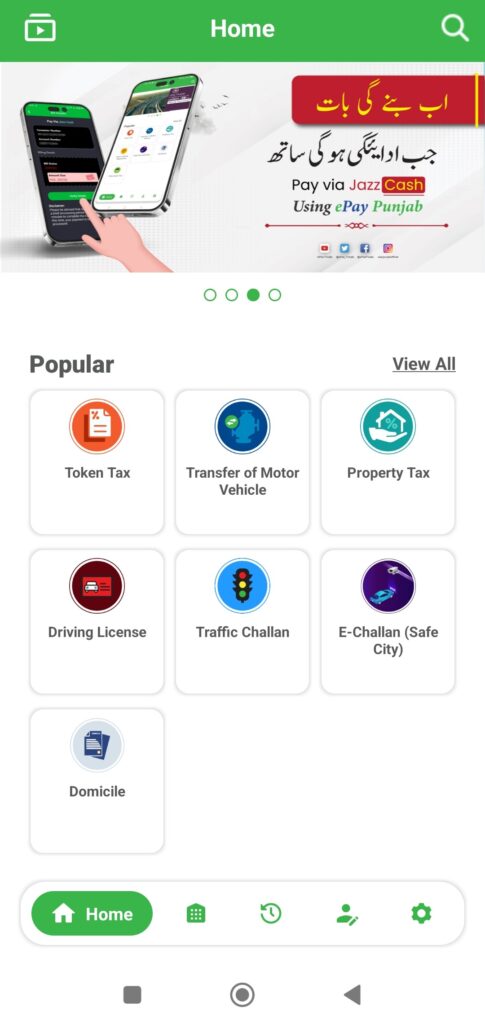Navigating the world of information often requires understanding what’s accessible to the public. Public records are a cornerstone of transparency and accountability, offering insights into everything from property ownership and court proceedings to business filings and vital statistics. Knowing how to access and utilize these records empowers individuals, businesses, and researchers alike. This comprehensive guide will delve into the intricacies of public records, providing you with the knowledge and tools to navigate this valuable resource.
What are Public Records?
Definition and Scope
Public records are documents or pieces of information that are not considered confidential and are accessible to the general public. They are typically maintained by government agencies at the federal, state, and local levels. The intent behind making these records public is to promote transparency and allow citizens to hold their government accountable.
- Public records encompass a wide range of information, including:
Court records (lawsuits, judgments, criminal records)
Property records (deeds, mortgages, tax assessments)
Business filings (incorporation documents, annual reports)
Vital records (birth certificates, marriage licenses, death certificates – often with restrictions)
Government salaries and expenditures
Voting records
Real Estate Transactions
The Importance of Public Records
Public records play a crucial role in various aspects of society. They:
- Promote Transparency: Ensure government accountability by allowing citizens to scrutinize official actions.
- Facilitate Due Diligence: Enable individuals and businesses to verify information and make informed decisions, like checking backgrounds or researching potential business partners.
- Support Historical Research: Offer valuable insights into the past, allowing researchers to trace ancestry, study social trends, and understand historical events.
- Aid Investigative Journalism: Provide journalists with critical information to uncover wrongdoing and inform the public.
- Protect Consumers: Help consumers verify the legitimacy of businesses and make informed purchasing decisions.
- Example: Imagine you’re buying a house. Accessing property records allows you to verify the seller’s ownership, check for outstanding liens or mortgages, and review the property’s tax history. This due diligence protects you from potential legal or financial issues down the road.
Types of Public Records
Court Records
Court records document legal proceedings and outcomes in civil and criminal cases.
- Civil Cases: These involve disputes between individuals or organizations, such as breach of contract, personal injury, or property disputes. Records typically include complaints, answers, motions, judgments, and transcripts.
- Criminal Cases: These involve the prosecution of individuals accused of crimes. Records typically include indictments, arrest records, plea agreements, trial transcripts, and sentencing orders.
- Family Court: Include divorce decrees, child custody agreements, and adoption records. Access to these records may be restricted to protect the privacy of involved parties.
- Bankruptcy Records: These detail financial information about individuals or businesses that have filed for bankruptcy.
Property Records
Property records provide information about real estate ownership and related transactions.
- Deeds: Documents that transfer ownership of property from one party to another.
- Mortgages: Documents that secure a loan using real estate as collateral.
- Liens: Claims against a property for unpaid debts or obligations, such as tax liens or mechanic’s liens.
- Tax Assessments: Records of the assessed value of properties for taxation purposes.
- Plats: Maps that show the boundaries and subdivisions of land.
- Example: A title search, which relies heavily on property records, is a crucial step in any real estate transaction. It ensures that the seller has clear title to the property and that there are no hidden claims or encumbrances.
Business Records
Business records provide information about the formation, operation, and status of businesses.
- Articles of Incorporation: Documents filed with the state to create a corporation.
- Annual Reports: Reports filed by corporations to provide information about their financial performance and activities.
- DBA Filings (Doing Business As): Filings that allow businesses to operate under a name different from their legal name.
- Uniform Commercial Code (UCC) Filings: Records of security interests in personal property, often used to secure loans.
Vital Records
Vital records document significant life events.
- Birth Certificates: Records of a person’s birth, including date, place, and parentage.
- Marriage Licenses: Records of a marriage, including the names of the parties and the date and place of the ceremony.
- Death Certificates: Records of a person’s death, including date, place, and cause of death.
- Divorce Decrees: Official court documents finalizing a divorce.
- Important Note: Access to vital records is often restricted to immediate family members due to privacy concerns. Some states may require proof of relationship or a legitimate reason for requesting these records.
Accessing Public Records
Online Resources
The internet has made accessing public records easier than ever before. Many government agencies and third-party providers offer online search tools.
- Government Websites: Most state and local government agencies maintain websites that provide access to public records. These websites may offer search tools, downloadable documents, or instructions on how to request records in person or by mail. Examples include online court dockets, property assessor websites, and Secretary of State business entity searches.
- Third-Party Providers: Numerous third-party providers offer search services for public records. These services can be convenient but may come with a fee. It’s crucial to evaluate the credibility and accuracy of these providers before using them. Be wary of services that make unrealistic claims or offer instant access to sensitive information without proper verification.
In-Person Requests
While online access is increasingly common, some records may only be available through in-person requests at government offices.
- Courthouses: Court records are typically available at the courthouse in the jurisdiction where the case was filed.
- County Recorders’ Offices: Property records are typically available at the county recorder’s office.
- State Archives and Libraries: These institutions may hold historical records and other valuable information.
- City Halls: Local government records, such as meeting minutes and ordinances, may be available at city hall.
When making an in-person request, be prepared to provide specific information about the record you’re seeking, such as names, dates, and addresses. You may also need to pay a fee for copies or searches.
State and Federal Laws: FOIA and Sunshine Laws
Understanding the legal framework governing access to public records is essential.
- Freedom of Information Act (FOIA): This federal law grants the public the right to request access to federal government records. Agencies are required to disclose requested information unless it falls under one of nine exemptions, such as national security or personal privacy.
- State Sunshine Laws: Each state has its own laws that govern access to state and local government records. These laws vary widely in scope and detail, but they generally aim to promote transparency and open government.
- Exceptions to Disclosure: Both FOIA and state sunshine laws recognize certain exceptions to disclosure, such as information that is confidential, privileged, or would violate privacy rights.
- Actionable Takeaway: Familiarize yourself with the FOIA and the sunshine laws in your state. Understanding these laws will help you navigate the process of requesting and accessing public records.
Utilizing Public Records Effectively
Defining Your Search
Before you start searching for public records, clearly define your objectives.
- Identify the Specific Information Needed: What are you trying to find? The more specific you are, the easier it will be to narrow your search.
- Determine the Relevant Jurisdiction: Where is the record likely to be located? Knowing the city, county, or state will help you target your search.
- Gather Relevant Details: Collect as much information as possible about the person, property, or event you’re researching, such as names, dates, addresses, and case numbers.
Refining Your Search
Once you have a clear objective, refine your search strategy.
- Use Keywords Effectively: When searching online databases, use relevant keywords to narrow your results.
- Utilize Filters and Advanced Search Options: Most online search tools offer filters and advanced search options that allow you to refine your search by date, location, record type, and other criteria.
- Check Multiple Sources: Don’t rely on a single source for information. Cross-reference information from multiple sources to ensure accuracy.
Interpreting Public Records
Public records can be complex and require careful interpretation.
- Pay Attention to Dates and Timelines: Understand the chronological order of events and how they relate to each other.
- Understand Legal Terminology: Public records often contain legal terminology that may be unfamiliar. Consult a dictionary or legal glossary if needed.
- Verify Information with Other Sources: Public records can sometimes contain errors or omissions. Verify the information with other sources to ensure accuracy.
- Consider Consulting a Professional: If you’re unsure how to interpret a public record, consider consulting a lawyer, title professional, or other expert.
- Example: When reviewing property records, pay close attention to the chain of title, which shows the history of ownership. This can help you identify any potential title defects or encumbrances.
Conclusion
Public records are a valuable resource for individuals, businesses, and researchers seeking information and promoting transparency. By understanding the types of public records available, knowing how to access them, and utilizing effective search strategies, you can unlock a wealth of information and make informed decisions. Remember to respect privacy laws and ethical considerations when using public records. Embracing these resources allows you to actively engage with the world around you and contribute to a more informed and accountable society.

